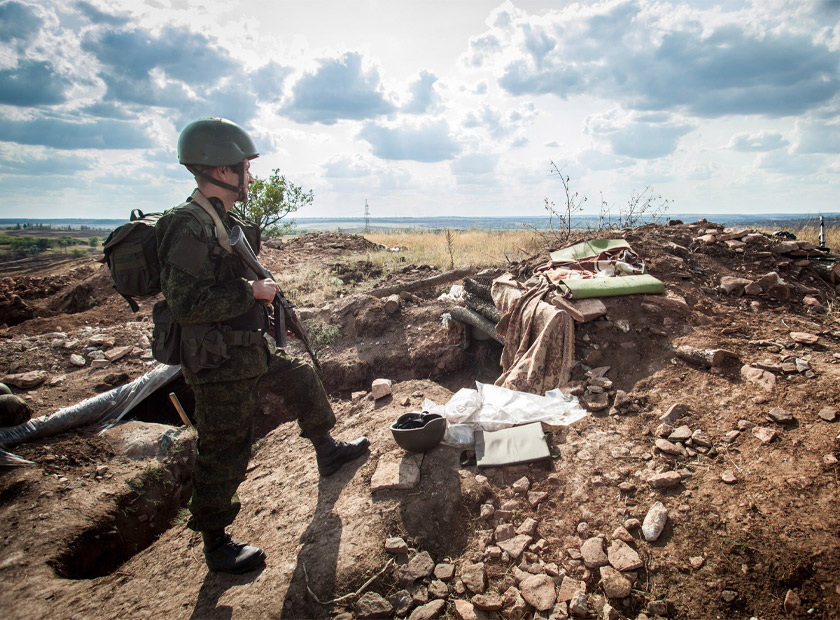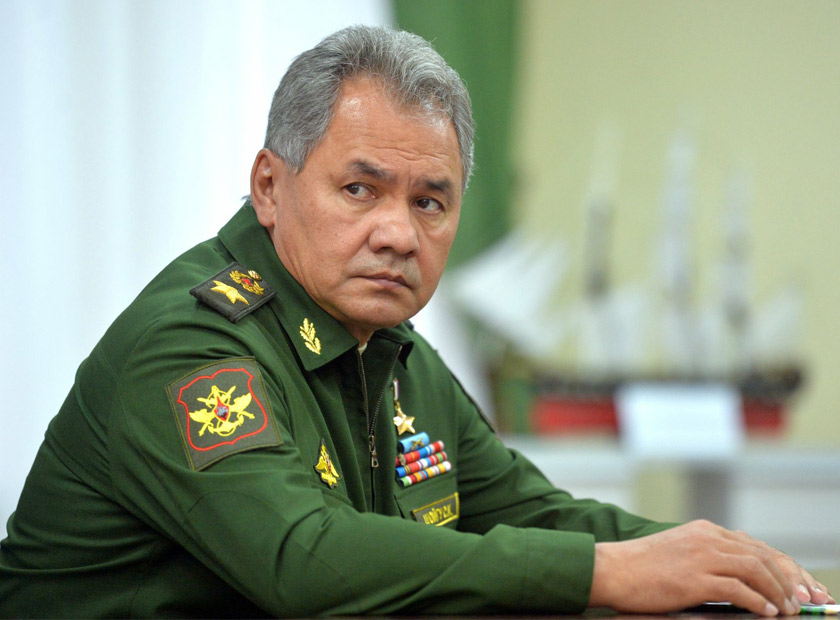Donbas Crisis Proves Bankruptcy of Normandy Format
Photo by Sergey Belous.
The April Donbas Crisis was a revealing moment in the seven years of war that has enveloped Ukraine. Across the Atlantic, U.S. President Joseph Biden has shown that the United States stands with Ukraine and has rallied important NATO countries like the United Kingdom and Turkey behind Ukraine. The Crisis has confirmed Russian President Vladimir Putin’s (current) disinterest in a negotiated, peaceful resolution to the Donbas conflict. New dividing lines have settled across Europe as former Eastern Bloc countries, starting with Czechia, are expelling Russian diplomats in solidarity with Ukraine.
But the most striking (though unsurprising) reveal of the Crisis were the weak responses from Berlin and Paris. During the Crisis, Berlin called on both Kyiv and Moscow to deescalate the situation, as if there was an equivalency between the actions of Russia and Ukraine. French President Emmanuel Macron said nothing until he met with Ukrainian President Volodymyr Zelensky on April 16, two weeks into the crisis.
Given that France and Germany are part of the Normandy Format, such a blasé interest in Ukraine’s security is highly disappointing to those who wish for the Donbas Conflict to have a peaceful resolution. Created in 2014, the Normandy Format, which is comprised of France, Germany, Russia, and Ukraine, led to the oft-violated 2015 Minsk II ceasefire agreement.
Germany continues working with Russia on the dangerous Nord Stream 2 gas pipeline that would allow Russian gas into Europe, bypassing the Druzhba pipeline that links Russian gas to Europe through Ukraine. And while Berlin has demanded the release of Russian dissident Alexei Navalny, German Foreign Minister Heiko Maas has opposed new sanctions against Russia over Navalny’s worsening medical condition.
Paris similarly refuses to take a tough stance against Russia, despite the Kremlin’s attacks against France. In 2017, Moscow interfered in France’s elections, hacking the files of President Macron’s election campaign to try and help the Russia-funded ultranationalist presidential candidate Marine le Pen. The French military leadership has emphasized, and seeks to prepare for, the threat Russia poses to French (and European) security. But as French society polarizes around the issue of domestic Islamic extremism, France’s political elite would rather court the Right by confronting Turkey around Cyprus and continue (valiantly) fighting terrorists in the Sahel.
In an interview with the International Conflict Resolution Center, Dr. Stephen Blank, a senior fellow at the Foreign Policy Research Institute’s Eurasia Program, said that “on the basis of Russian activity and Russian rhetoric…Russia is at war with the West and has been for years and it behaves accordingly.” Still, France and Germany refuse to acknowledge this state of affairs, seeking to incorporate Russia into a world order based on Western values. They fail to recall that, as Dr. Henry Kissinger noted in an interview with The Economist, “there has never been an extended period where you could say Russia participated in a world order.”
Until France and Germany recognize that Russia has no interest in their overtures and understand that Ukraine’s security is synonymous with the security of Europe, the Normandy Format is pointless. President Zelensky has already tacitly acknowledged the irrelevance of the current Format, calling for the United States, United Kingdom, and Canada to join the Normandy Format.
A new forum should be arranged with the goals of peacefully restoring the Donbas territories under Kyiv’s governance, securing the territorial sovereignty of Ukraine’s pre-2014 borders, and ensuring the total independence and sovereignty of Ukraine’s government. The Minsk II ceasefire agreement, violated by Russian-backed forces on an almost daily basis, is a failure. An immediate objective of the new format should be to develop a new ceasefire arrangement.
The United States should take a leading position as a negotiator alongside Ukraine. The United Kingdom, Canada, and Turkey should also join. In honor of the original format of the Minsk II agreement, France and Germany should retain their seats. Poland and Romania, both EU and NATO countries whose national security is directly impacted by Russian actions in Ukraine, should be involved as observers. Russia should be permitted to participate in the negotiations only if Moscow will represent the ‘Donbas leadership.’ However, Russia must also accept full responsibility for all actions of the Donetsk and Luhansk ‘republics’ (especially ceasefire violations) if it wishes to participate in the negotiations.
Even should a new format as described should emerge, its ability to create a lasting and peaceful resolution to the conflict is doubtful. To actuate such a resolution, the French and German leadership must understand that Russian aggression against Ukraine directly affects European security, and act accordingly.

